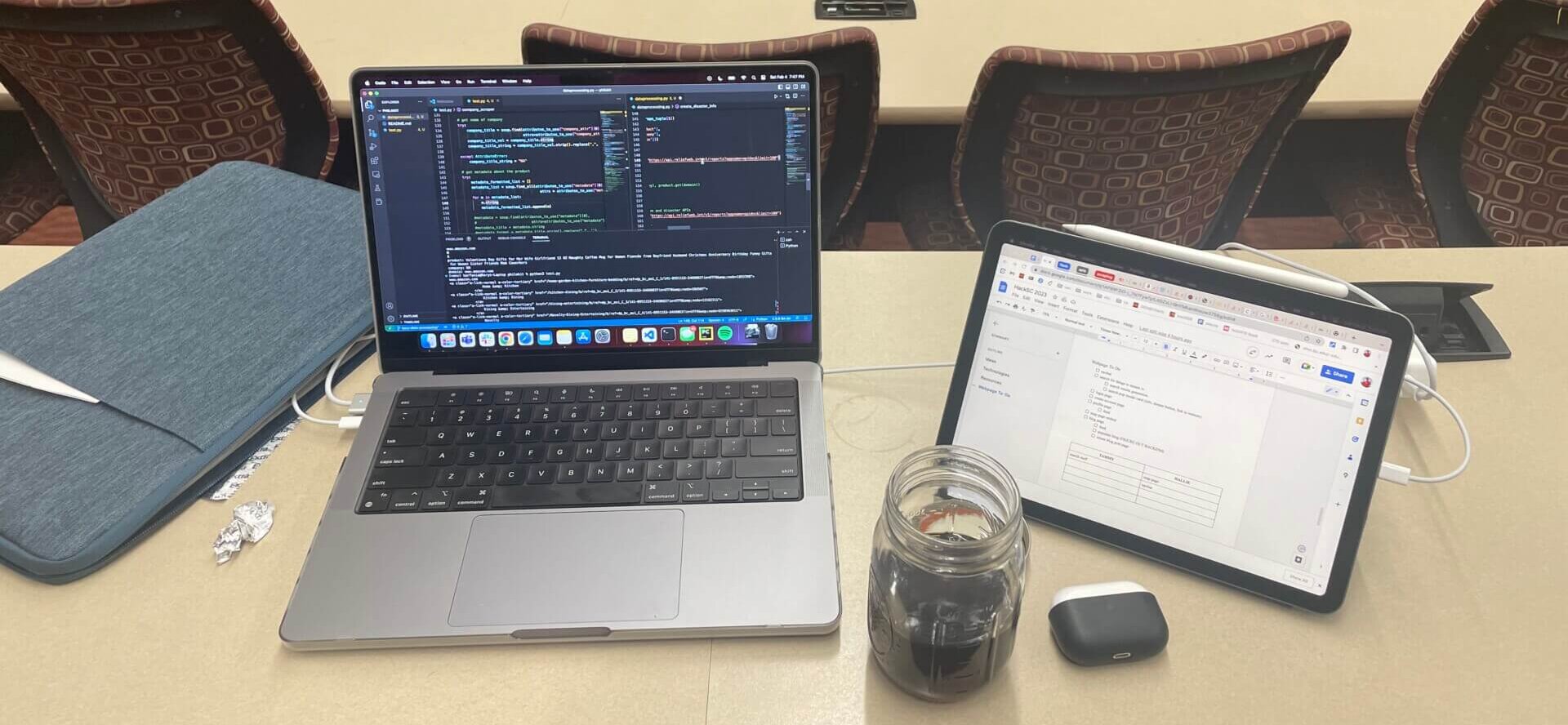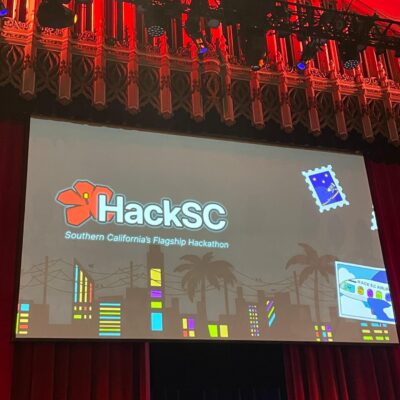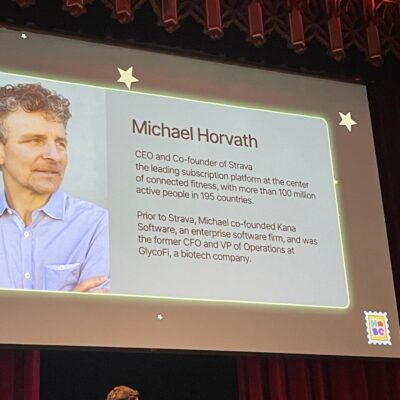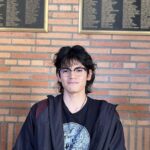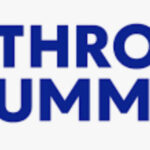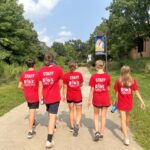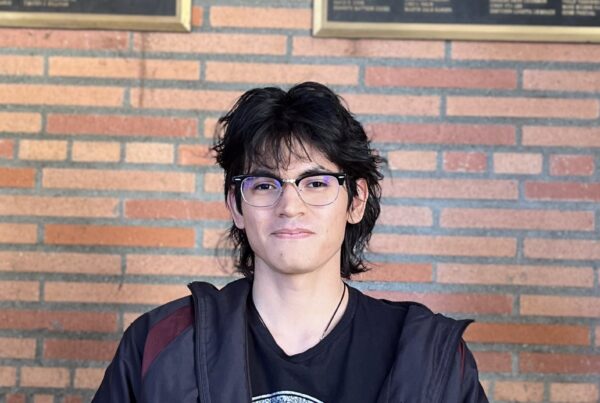Hackathons are scary.
Prior to USC, I never participated in one. Even the name is confusing – I thought you had to “hack” a piece of software or code. Unlike the name suggests, however, there’s usually no hacking involved in a hackathon. Instead, you have the chance to build a new product – whether that be a mobile application, website, embedded technology, or anything else that comes to mind – that tackles one of the multiple verticals chosen by the host of the Hackathon.
A few weeks ago, I participated in HackSC, USC’s premier hackathon open to students across the state. The verticals all tied to “Global Impact,” with my team choosing the “Global Economy” vertical. Rather than build a decentralized economic infrastructure, work with NFTs, or push consumerism on individuals, however, we chose to promote intention. Our project, known as philakit, aims to be a comprehensive tool for users to make more informed decisions when buying products online.
philakit is an integrated web application, chrome extension, and data processing platform that aims to improve consumer conscientiousness surrounding their purchases, the companies they support, non-profits they can donate to, and recent global events. There are two main components of philakit. First is the web application which allows a user to create an account, post blogs, and find resources to help them better spend their money. In addition, we have built a philakit chrome extension, which reads in the URL of the user’s current page and gives them recommendations of nonprofit organizations that work to better the environmental areas the product degrades. It also displays the ESG of the company listing the product to promote mindfulness and awareness around its environmental impact. Through the chrome extension, the user can access the philakit website as well.
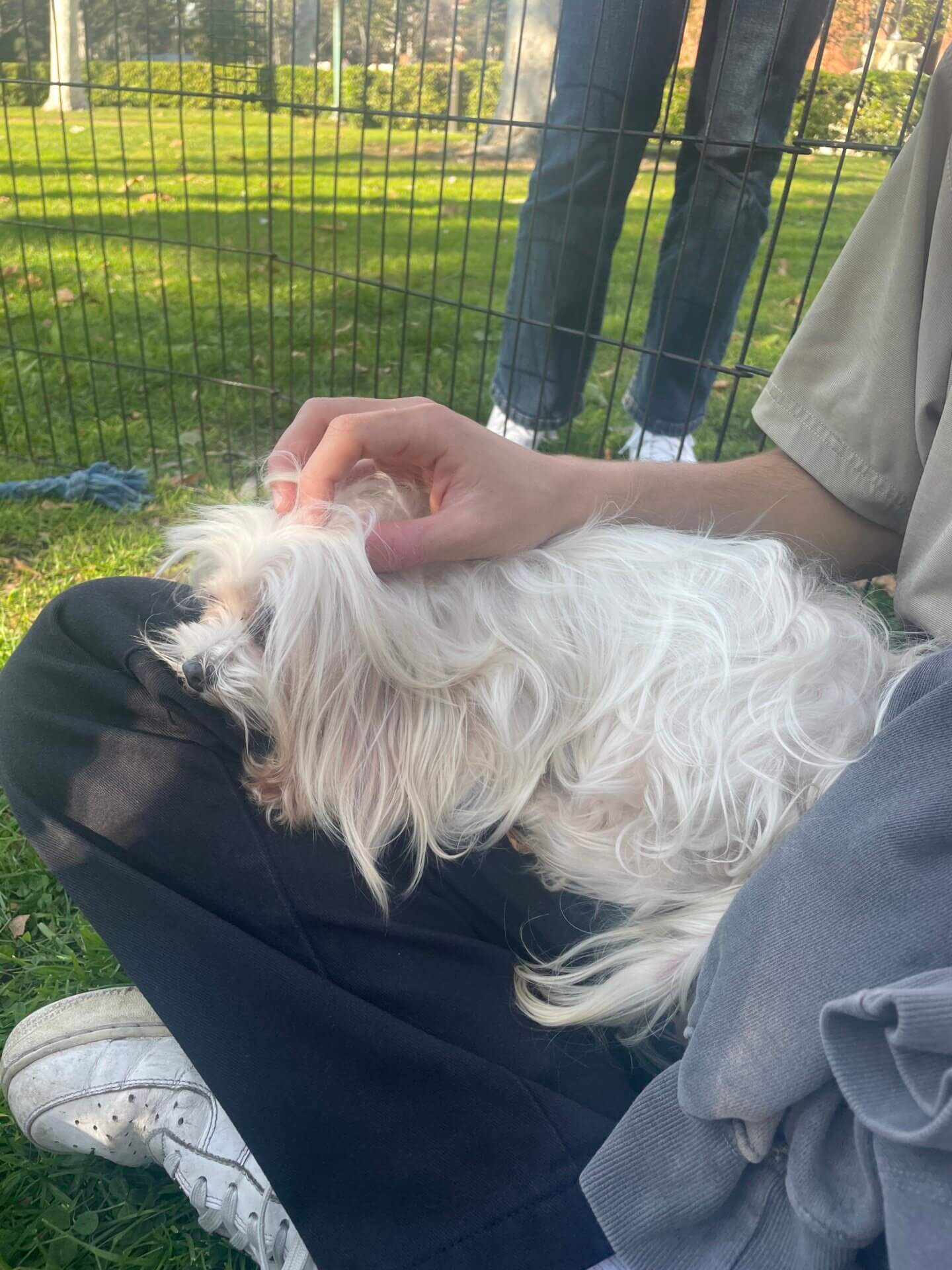
What I’m most proud of isn’t the fact that we built a usable full-stack program. Rather, it’s the fact that we were able to intersect technical development with a cause – environmentalism, big business accountability, and intentional consumption – that is meaningful to the team and significant in large contexts. HackSC was one of the most informative, empowering, and exciting parts of my USC thus far, and I hope you all have a chance to participate as well! And feel free to check out our program here!
